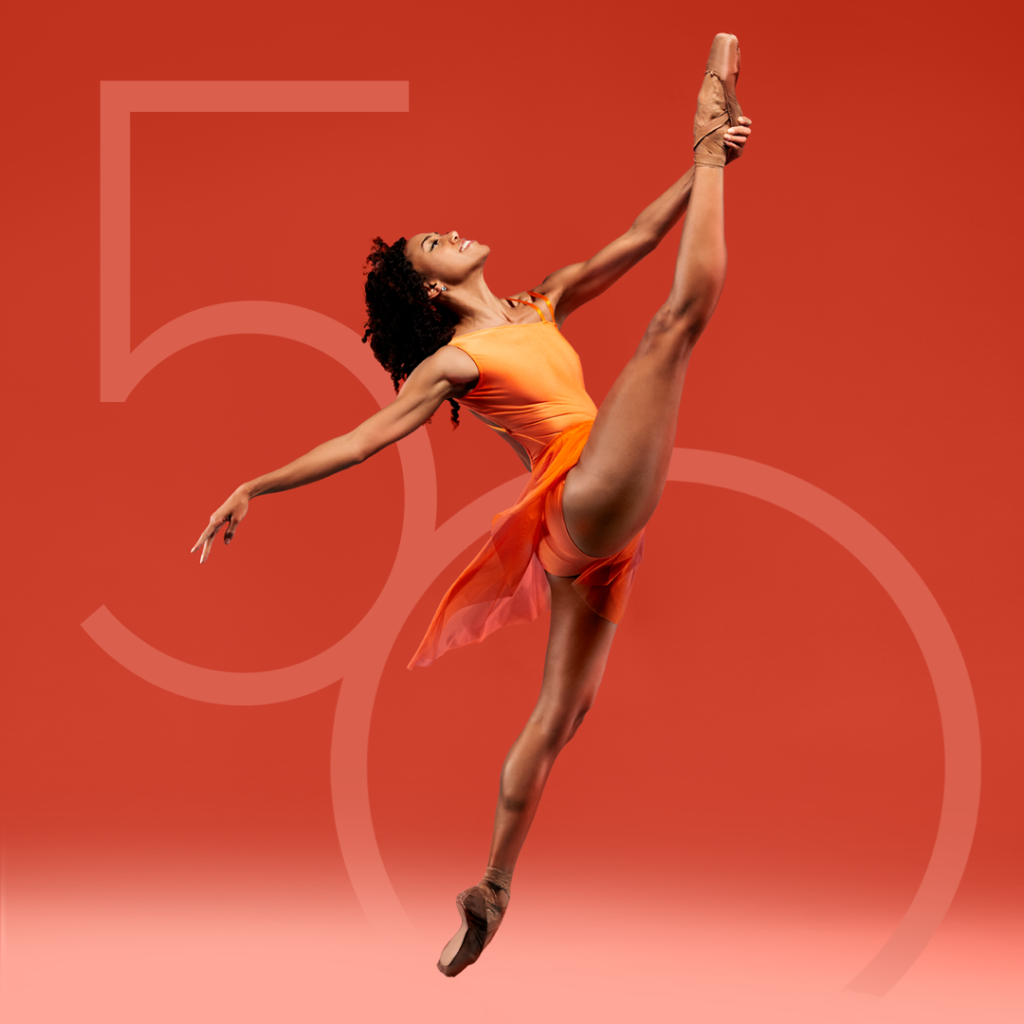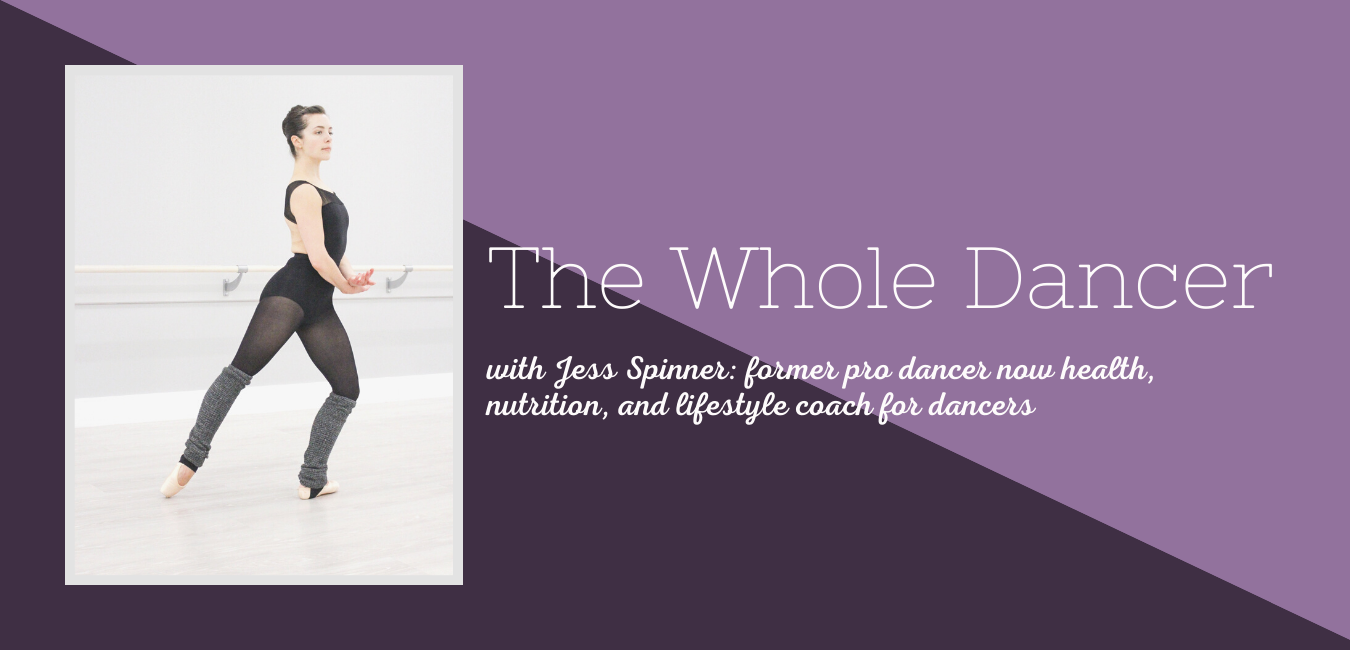The words of Lindsey Donnell
Dance Theatre of Harlem
I want to thank you for listening to my story and all the stories of the Black Lives Matter movement. I’ve been feeling exhausted and emotionally drained from the news of the events, as I’m sure you may as well, but I feel hopeful that this time of self reflection will create the lasting change that we need in our country.
I grew up in a conservative town in Texas in a biracial family. For us, race was something we did not talk about openly very often. There were definite times of injustice towards us but with a strong Christian background, we kinda used the motto of “turn the other cheek and show love to your neighbor,” in times of adversity.
Finding my identity has been a long process for me.
I always knew that in white spaces I was viewed as black. But in black spaces, they knew I was mixed. Black culture just wasn’t as familiar to me. There is also the reality of being raised in a white neighborhood, going to white schools, and yes even falling in love with ballet, a traditionally white art form.

I wanted to be white….from a young age I picked up on an underlying societal value that it was better…combined with the natural impulse for me to model myself after my mother, so finding my identity has been a journey.
For the most part dance was my escape from a confusing racially coded world…my teacher Susan Clark is an amazing instructor and technician and in all of my time working with her, I never felt like the color of my skin made a difference. It was about the work and the art form. I think her pure love of ballet and people, plus the Texas independent spirit to forge your own path, led me to continue to pursue ballet as a career.
My path eventually led me to Dance Theatre of Harlem.
I had shied away from organizations dedicated solely to Black culture until this time because as I said, I felt like I identified as an “other”…not quite fitting anywhere and I certainly wanted to prove that if I did something it would be “good enough” for white culture as well.
What I didn’t know was that I was avoiding a huge piece of me by trying to fit in with a white society. In the past 9 years with DTH, I’ve felt an amazing blossom of my spirit. Embracing Black history, culture and myself as a Black woman has helped me feel value in the person that I am.
Beyond my personal acceptance and celebration, I’ve gotten to travel the country and the world to connect with communities and learn about their journey’s too…a woman in Louisville almost cried when we met because she remembered that as a child, instruments were taken away from the African-Americans. They were told they couldn’t. For her to see a whole group of young people allowed in the arts and thriving was overwhelming.
We performed in Augusta, Georgia, a city that is still very racially divided. It was a sell out crowd in a big arena and the city’s mayor said that it was incredibly unique that he saw the 2 communities come together.

These are just 2 specific stories, but the power of art reveals itself to me over and over. Art is the ultimate connector of people – it transcends age, language and race – and dance falls in that category. Think about that. It’s amazing!
I think the through line of the human experience is hope.
People can survive in the most unthinkable conditions with just a shred of hope. African slaves and Jews in the holocaust show us that. And what drives hope is beauty…whether it’s thoughts of a beautiful future or seeing beauty in the now. And thats where dance come in.
I think ballet especially allows us to be immersed in worlds of magic, hope and beauty because of the way we defy what’s commonly thought of as humanly possible. I strive to provide hope for people in my dancing and all that I do and encourage all of us as dancers to do the same. The world needs artists like us to usher us through these hard times!
So if you want to continue to meaningfully invest in Black Lives Matter movement, here are my suggestions:
- Keep listening to stories, learn from the history of our elders by talking or reading. I’ve learned so much from my Dad’s childhood recently that put things into perspective. We’ll have to save that for a whole other post!
- TRAVEL!!! – I know thats not feasible now but start planning
Other cities and the world outside the US are wonderful ways to learn about other cultures, get outside of your comfort zone and feels what it feels like to be the “other” somewhere
- Embrace others who do not look like you. Learn about their lives, their values and why. As Americans we value success, productivity and materialism which I think drives us to overlook the beauty of what’s in the souls of others. Celebrate our differences.
- Have compassion – for yourself and others. Again we are all human. Our hearts are the same color. We all want love, acceptance, understanding…look for the things that unite us. I may feel unwelcome and unworthy because of my skin. Someone else might feel that because of the size of their body. While others might feel that because of their height. Most of the things we judge one another on is based on appearance, but inside we all want and need the same things.
- Remember your power. We have this beautiful platform in our art form. It’s easy to get tunnel-visioned in working on our perfect turnout or better lines. Don’t forget, dance is a form of communication and human connection. Find your personal way of promoting acceptance and run with it. There’s 2 ways of thinking, one person can only do so much or one person can do so much. And the small difference of one word makes a big difference in the meaning. And its the same for you and your contribution to world!

Beautifully written! So honored to call you my friend